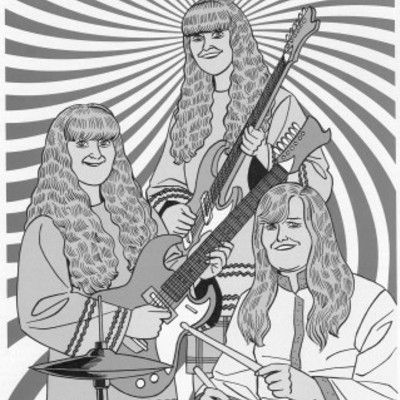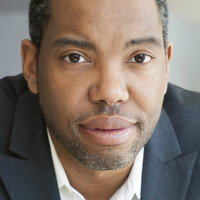Dave Sanders: Fiber-Optics Exec by Day, Defender of Justice by Night
It had seemed simple in the beginning. Now everything was so complicated, he wasn’t sure what the truth was. He had to admit that he might have gotten involved with the wrong people—that he might have become part of a scam within a scam.










